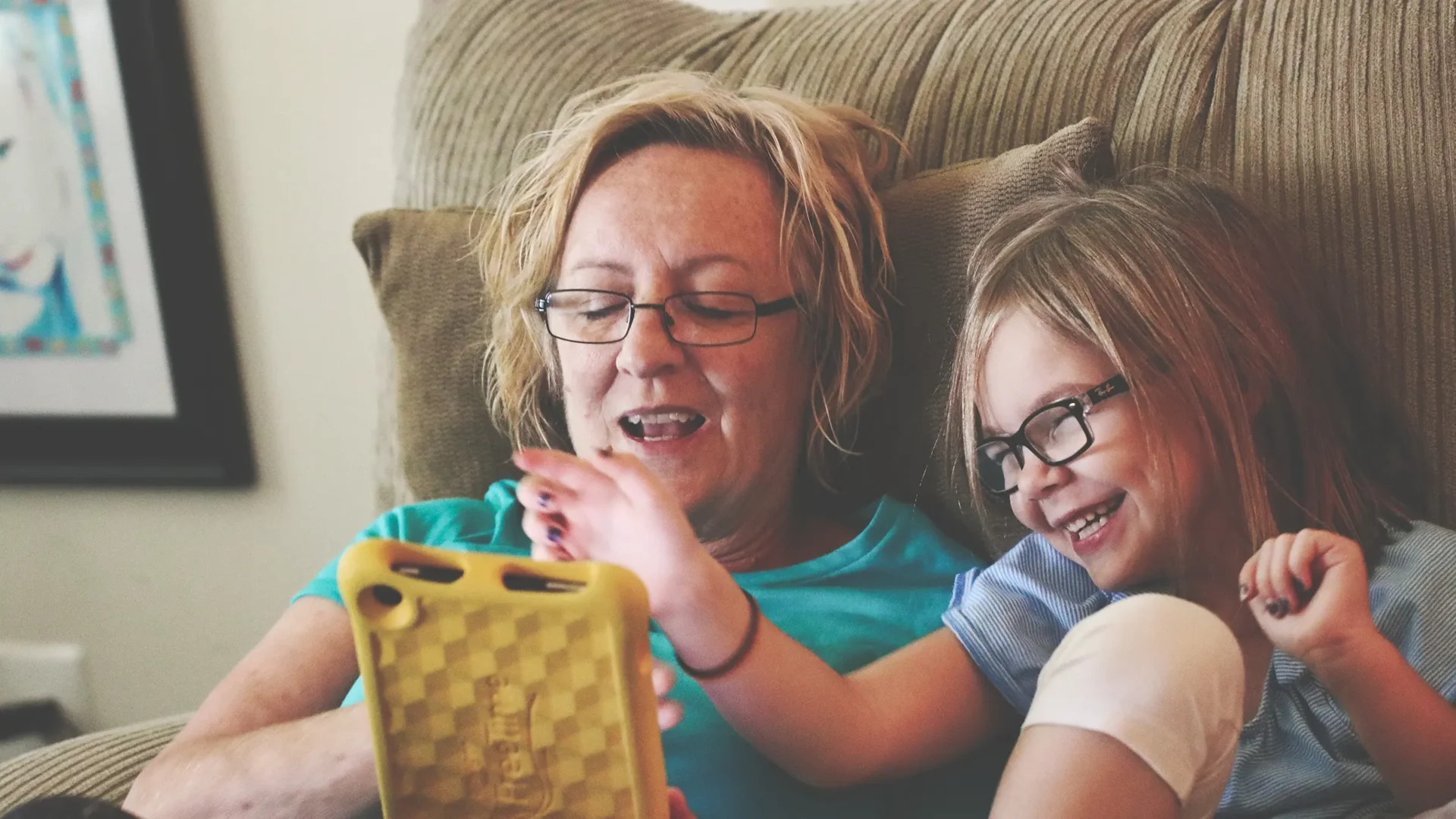The functions a person plays in different situations.

People act out different “roles” depending on the setting. A person’s role shapes their concerns and motivates their actions. For example, a woman may be a mother, a champion poker player, a volunteer referee for a community soccer league, and a wife. When acting as a champion poker player, she is not likely to be concerned about packing lunches for the kids. When acting primarily as a wife, she will use words very different from those she would use as a referee to express her feelings to her spouse. Design outcomes are more effective if they support the role a person is playing.
Researching Role
Determining the roles people take on can help designers decide ways to create outcomes that support those roles. This research can also give designers insights that help them understand people’s responsibilities in different settings.
Questions to Ask
- What role is this person performing at this time?
- What internal expectations come with performing this role?
- What expectations do others have of this person because they are performing in this role?
- What potential conflicts is this person experiencing because they have to choose what role to play at a specific time?
Look For
- A person’s professional obligations
- A person’s relationships
- The time of day/place that dictates what role a person “should” be playing
Keywords
Sources
Social Science
Apter, M. J. (2016). Understanding Reversal Theory: Six Critical Questions. 5, 1-7.
Cantor, N. (1994). Life Task Problem Solving: Situational Affordances and Personal Needs. Personality and Social Psychology Bulletin, 20(3), 235-243. doi:10.1177/0146167294203001
Diekman, A. B., Steinberg, M., Brown, E. R., Belanger, A. L., & Clark, E. K. (2016). A Goal Congruity Model of Role Entry, Engagement, and Exit: Understanding Communal Goal Processes in STEM Gender Gaps. Personality and Social Psychology Review, 21(2), 142-175. doi:10.1177/1088868316642141
Fiske, S. T., & Taylor, S. E. (2017). Social cognition: from brains to culture. (3rd ed.). London: SAGE.
Gabriel, S., Valenti, J., & Young, A. F. (2016). Social Surrogates, Social Motivations, and Everyday Activities: The Case for a Strong, Subtle, and Sneaky Social Self. In J. M. Olson & M. P. Zanna (Eds.), Advances in Experimental Social Psychology, Vol. 53 (pp. 189-243). Academic Press. doi:10.1016/bs.aesp.2015.09.003
Goffman, E. (1973). The presentation of self in everyday life. Woodstock, New York: Overlook Press.
Kadushin, C. (2012). Understanding Social Networks: Theories, Concepts, and Findings. New York: Oxford University Press.
Turner, J. C., Hogg, M. A., Oakes, P. J., Reicher, S. D., & Wetherell, M. S. (1987). Rediscovering the social group: A self-categorization theory. Cambridge, MA: Basil Blackwell.
Turner, J. C., & Reynolds, K. J. (2012). Self-Categorization Theory. In P. A. M. V. Lange, A. W. Kruglanski, & E. T. Higgins (Eds.), Handbook of Theories of Social Psychology, Volume 2 (pp. 399-417). London: SAGE Publications Ltd. doi:dx.doi.org/10.4135/9781446249222.n46